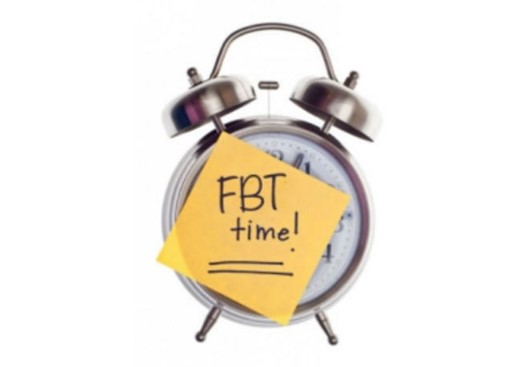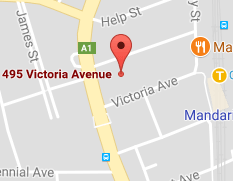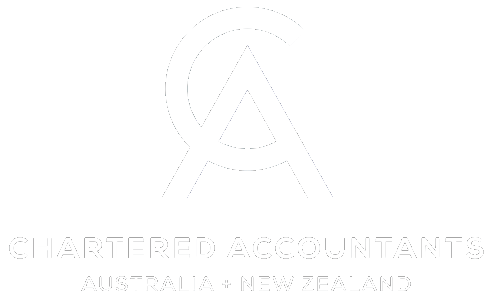Welcome to the Land Tax edition of our client newsletter for 2025, where we hope to keep you informed of the key dates and latest updates for Land Tax in NSW. Click here or the link below to view or download a PDF copy of our newsletter.
StewartBrown Client Newsletter - 2025 Land Tax Edition
NSW LAND TAX REMINDER – ACTION REQUIRED BY 31 MARCH 2025
Land Tax 2024 – Registration Form
All landowners in NSW, including Individuals, Companies, Superannuation Funds and Trusts are reminded that the due date for lodgement of the initial return for land held as at 31 December 2024 is 31 March 2025...
(Read more on pages 1-2)
LAND TAX FOREIGN OWNER SURCHARGE
From 1 January 2025 the surcharge land tax rate for foreign owners will increase from 4% to 5%...
(Read more on page 2)
LANDHOLDER DUTY
Landholder Duty is applied when someone acquires a ‘significant interest’ in a company or unit trust that owns real property in NSW with an unencumbered value of $2 million or more...
(Read more on page 2)
CHANGES TO THE ELIGBILITY CRITERIA FOR THE PRINCIPAL PLACE OF RESIDENCE EXEMPTION
To receive the principal place of residence (PPR) exemption from 1 February 2024 you must...
(Read more on page 2)




